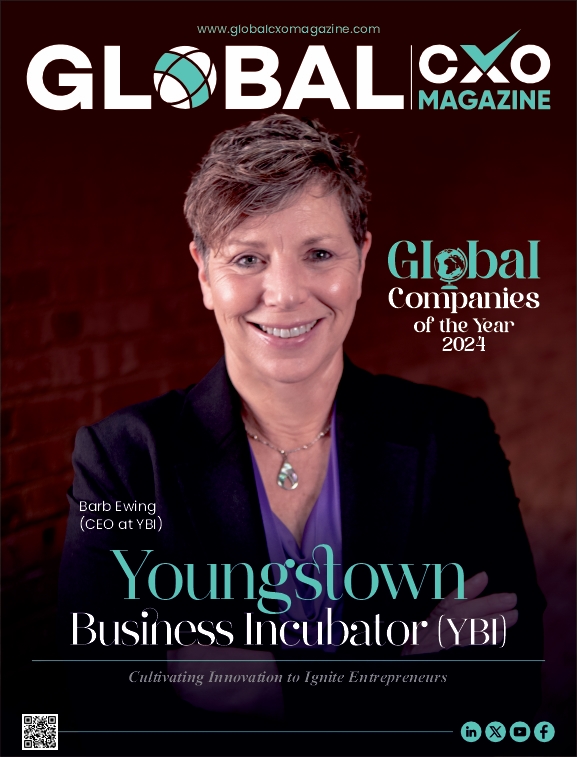Humility is often overlooked in discussions of leadership, which tend to focus on confidence, charisma, and decisiveness. However, research shows that humility can be a powerful tool for effective leadership, helping leaders build trust, inspire loyalty, and foster collaboration.
What is Humility in Leadership?
Humility in leadership is the quality of being open-minded, willing to learn, and willing to put others first. A humble leader recognizes that they don’t have all the answers and is willing to listen to others’ ideas and perspectives. They are also willing to admit when they are wrong and make course corrections as needed. This kind of leadership style requires a certain level of vulnerability, which can be difficult for some leaders to embrace.
Why is Humility Important for Leaders?
There are several reasons why humility is an important quality for leaders:
Builds Trust: When a leader is humble, they are more likely to be recognized as trustworthy. This is because people feel that the leader has their best interests at heart and is not solely focused on their own agenda.
Fosters Collaboration: Humble leaders are more prone to work together, which can lead to better ideas and outcomes. When leaders are open to feedback and willing to work with others, team members feel more valued and are more likely to contribute their own ideas.
Inspires Loyalty: Humble leaders are more likely to inspire loyalty from their team members. When leaders are willing to put others first, team members feel that their contributions are evaluated and that their leader is focused on their success.
Facilitates Learning: Humble leaders are always looking for ways to learn and grow. They are open to feedback and are willing to admit when they don’t know something. This creates a culture of learning within the organization, which can lead to continuous improvement.
How can Leaders Cultivate Humility?
Cultivating humility requires a willingness to be vulnerable and a commitment to personal growth. Here are some strategies for cultivating humility as a leader:
Listen Actively: Leaders should be willing to listen actively to their team members’ ideas and perspectives, even if they don’t agree with them. This shows that the leader values their team members’ contributions and is open to learning from them.
Admit Mistakes: Leaders should be willing to admit when they are wrong and implement the required corrections as needed. This shows that the leader is willing to learn from their mistakes and is committed to continuous improvement.
Practice Empathy: Leaders should practice empathy by putting themselves in their team members’ shoes and considering their perspectives. This helps the leader understand the challenges their team members are facing and find ways to support them.
Be Open to Feedback: Leaders should be open to feedback and are willing to accept constructive criticism. This shows that the leader values feedback and is committed to personal growth.
Fundamentals of Growth
Humility is a powerful tool for effective leadership. When leaders are willing to put others first, they build trust, inspire loyalty, and foster collaboration. Cultivating humility requires a commitment to personal growth and a willingness to be vulnerable. By embracing humility, leaders can create a culture of learning and constant improvement within their organizations.
Humble leaders recognize that they don’t have all the answers and are willing to listen to others’ ideas and perspectives. They understand that their team members have valuable insights and are often closer to the front lines of the business. By actively listening to their team members, humble leaders can gain a deeper understanding of the challenges their team members are facing and find ways to support them.
In addition to building trust, inspiring loyalty, and fostering collaboration, humility can also help leaders facilitate learning within their organizations. Humble leaders are always looking for ways to learn and grow, and they create a culture of learning within their organizations. By being open to feedback and willing to admit when they are wrong, humble leaders create an environment where team members feel comfortable to share their ideas and perspectives.
Cultivating humility requires a commitment to personal growth and a willingness to be vulnerable. Leaders who are inclined to admit their mistakes and sort course corrections as needed inspire trust and respect from their team members.
They show that they are committed to continuous improvement and are not afraid to admit when they don’t have all the answers. By being open-minded, willing to learn, and willing to put others first, leaders can build trust, inspire loyalty, and foster collaboration. By practicing empathy, being open to feedback, and admitting mistakes, leaders can create a culture of learning and continuous improvement within their organizations.














